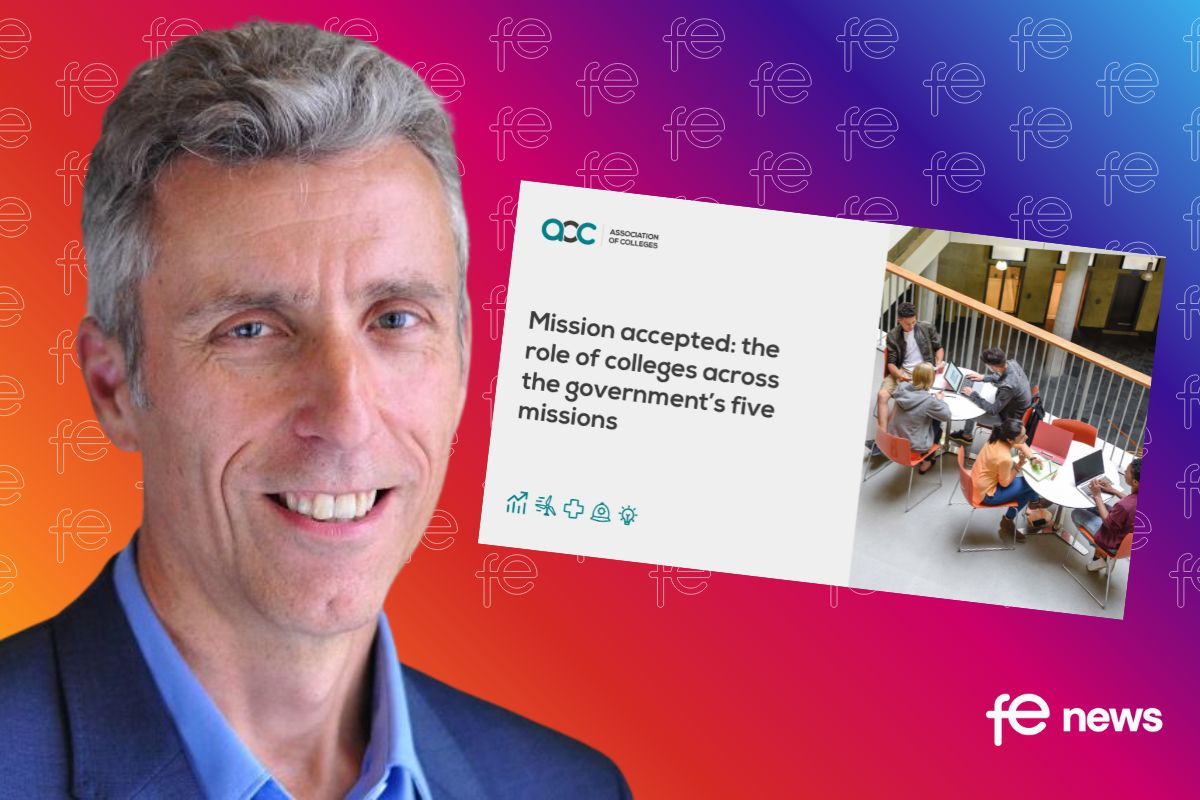We need to do more to get women into STEM on Ada Lovelace Day

Today (12 Oct) marks Ada Lovelace Day, celebrated across the world. It aims to shine a light on the accomplishments of women in science, technology, engineering, and maths (STEM). The hope is to encourage more girls to take up STEM subjects and careers by making them aware of the women already in these fields. As Marian Wright Edelman, the civil rights activist noted, “you can’t be what you can’t see.”
Ada Lovelace is the perfect woman to front this campaign. Despite being born in 1815, when women received little or no formal education and over a century before any women could vote, she is widely credited as being the first computer programmer. Though clearly a woman of great interest and intellect in her own right, Ada still often suffers from being spoken about in connection to men. Her father was the famous romantic poet Lord Byron and after an acrimonious split, her mother apparently steered her towards studying more scientific subjects to avoid her following a path like her father’s.
Charles Babbage is another pioneer of computing who has strong links to Ada as they were contemporaries who worked together. However, he is widely noted as the inventor of the computer and she remains a footnote in the history of the technology. Ada’s work is also sometimes mentioned as galvanising the theories of well-known code breaker Alan Turing, but again many more understand his contributions to computing. Ada deserves to be remembered in her own right. She was the first person to realise that Babbage’s machine had applications beyond pure calculation and published the first algorithm intended to be carried out by such a machine.
The idea that STEM subjects are for boys remains irritatingly pervasive. This notion works its way up the educational system and has a real impact on the subjects’ girls choose to study. Recent data shows that women make up only 35% of STEM students in higher education in the UK. This imbalance then moves into the STEM workforce where women make up less than a quarter of employees. As the Operations Director at GCSEPod, a leading EdTech company, I am especially saddened that the field of computer science has one of the largest gender imbalances. Sadly, it’s possible the tech-bro culture which has permeated out of Silicon Valley may be putting women off entering the sector that many were told as little girls wasn’t for them in the first place.
I’m proud to co-lead a development team that’s 67% female and which benefits from the skills and experience of women in tech across the world with members of our team from both Europe and Asia. Many within our sector are struck by how unusual we are in this regard. I hope that in the future we won’t be unusual at all.
It’s clear that over the next few decades jobs in the tech sector will continue to grow, so we need to make sure women start getting the STEM qualifications they need to fill these roles. I am pleased to be part of the BESA Women’s Educational Suppliers Working Group whose aim is to identify gender balance opportunities and challenges within member companies and build a network of women within the EdTech space who can raise the profile of women’s’ accomplishments and set an example for others. I’m lucky to have the chance to connect with some inspiring women in my role, many of whom have overcome traditional obstacles and offer inspiring role models for young women who are looking for a career in the tech industry.
I was delighted to meet recently with Chi Onwurah MP, who is the shadow minister with a brief including science, research, and digital matters, on her visit to the GCSEPod headquarters. Chi is a brilliant STEM role model for girls, having worked as a hardware and software developer and holding Chartered Engineer status. She’s campaigned to make ICT and engineering more accessible to all, particularly girls, and to bring engineering and ICT jobs to the North East where her constituency is based. This is the sort of action we need from our leaders if we are to tackle the gender imbalance in STEM education and employment once and for all.
Helen Newies, Operations Director at GCSEPod











Responses